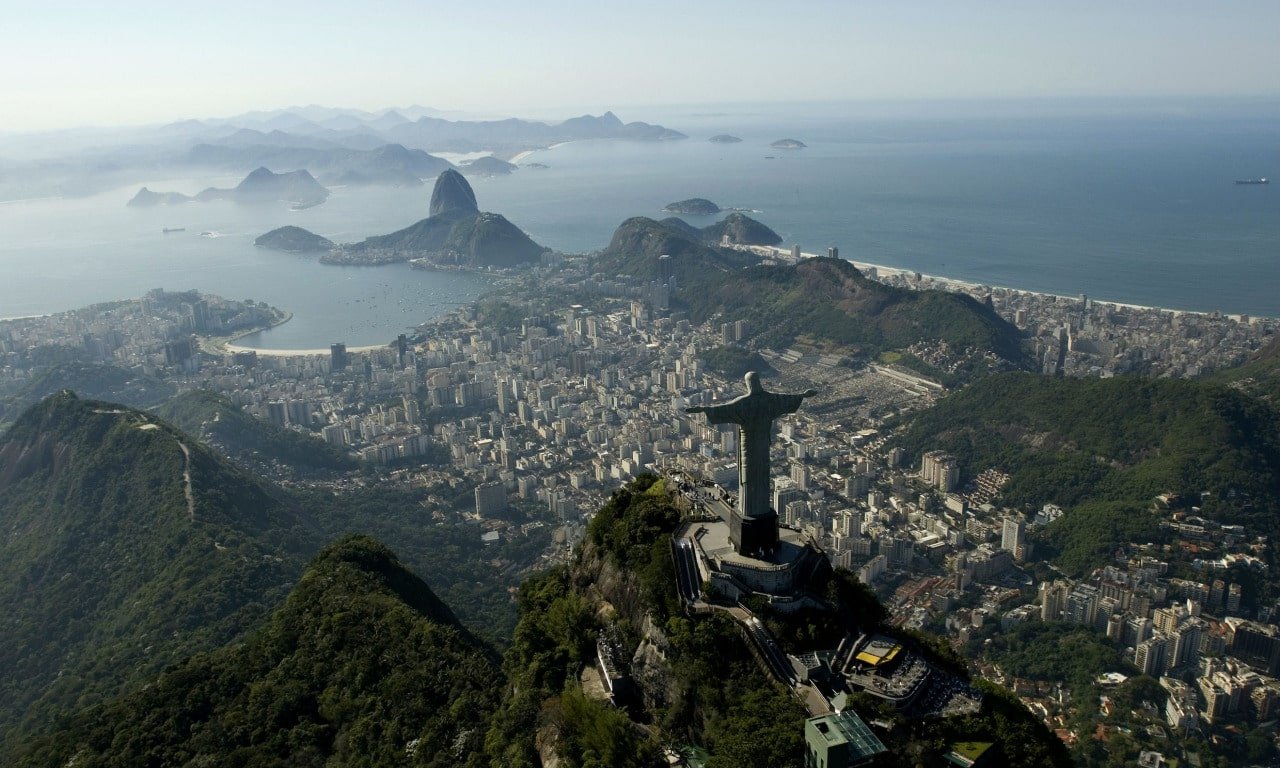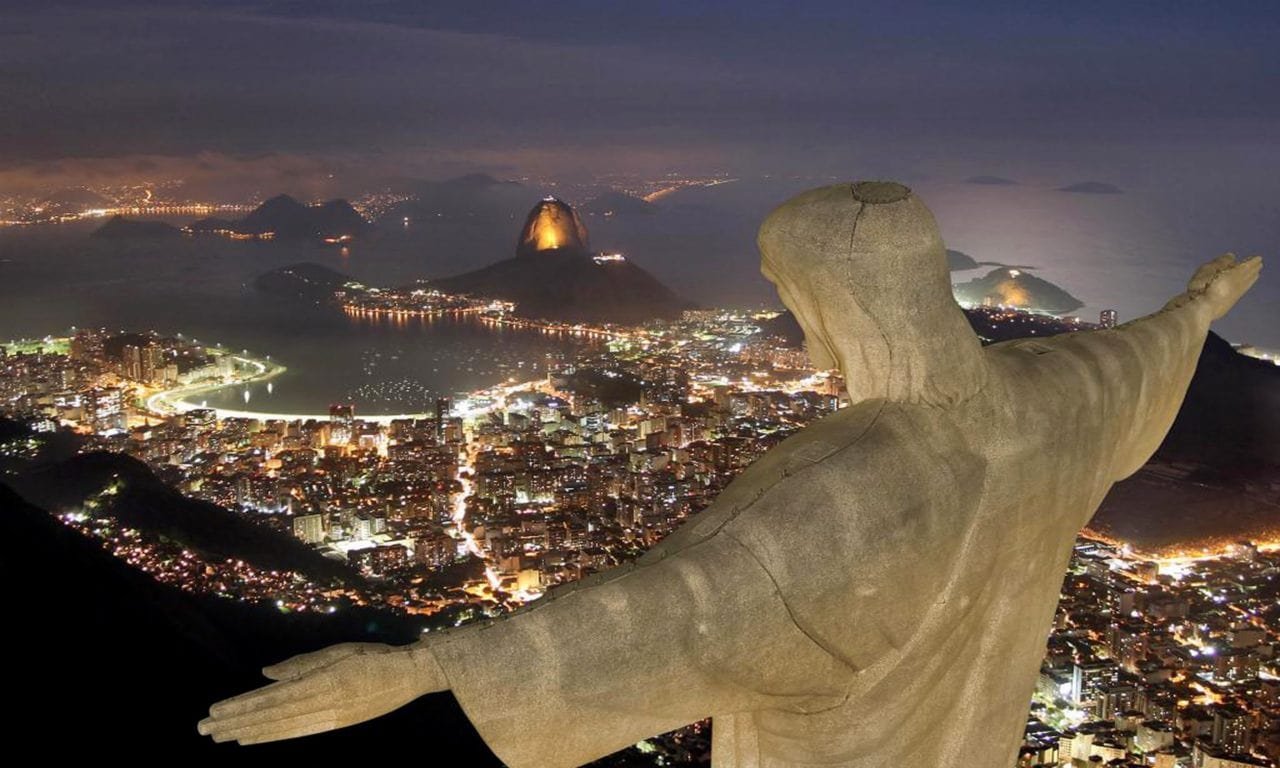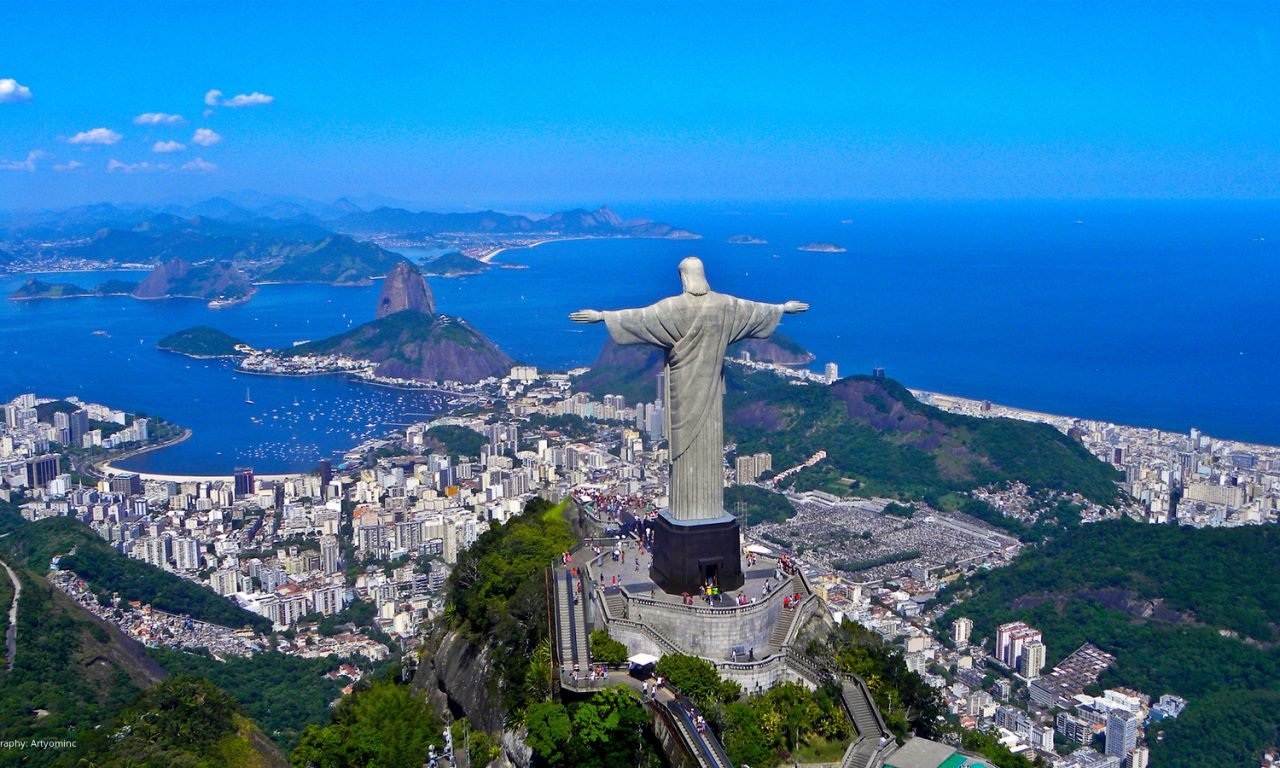Introduction
When you think about iconic landmarks, The statue of Christ the Redeemer is located in Rio de Janeiro, Brazil. It likely springs to mind. The Christ, the Redeemer Catholic Church, is an iconic symbol of faith in Houston, Texas.

Christ the Redeemer Statue: A Brief Overview
Standing tall on the Corcovado Mountain, the Christ the Redeemer statue is one of the most famous landmarks in Brazil, symbolizing faith, hope, and welcoming arms. The statue has an interesting history and impressive design and structure, making it an architectural marvel.
History of Christ the Redeemer Statue
-
The Idea and Construction
Construction of the Christ the Redeemer statue began in the 1920s after the idea was conceived in the early 20th century. The statue was created to establish a Christian presence in Brazil following its separation of state and church after becoming a republic.
-
The Unveiling of the Statue
After a construction period of nine years, the statue was completed in 1931. was completed. It was unveiled to the public. Since then, it has been a focal point for local and international tourists, drawing millions each year.
Artistic Design and Structure

-
The Architect and Engineer
Heitor da Silva Costa, a Brazilian engineer, created the design. The statue, sculpted by French-Polish sculptor Paul Landowski, blends art deco design and engineering marvel.
-
Materials and Dimensions
Comprising soapstone and reinforced concrete, the statue stands at a towering 38 meters (including its 8-meter pedestal) and spans 28 meters from fingertip to fingertip.
-
Location and Surroundings
The location atop the Corcovado mountain not only provides a picturesque view of Rio but also resonates with the spiritual height and significance of the statue.
-
Significance to Brazilian Culture
Beyond its physicality, the statue symbolizes Brazil’s strong Catholic roots and the cultural identity of its people.
Christ the Redeemer Catholic Church: An Overview
-
Location and History
Far from Brazil, in Houston, Texas, the Christ the Redeemer Catholic Church represents another pillar of faith. Established in the 1980s, it is a hub for spiritual growth and community service.
-
Architectural Design
Unlike its Brazilian counterpart, the church is characterized by modern architectural design, reflecting the changing trends in church architecture.
-
Services and Community Impact
The church has positively impacted the community through various ministries and services, spreading messages of faith, love, and unity.
-
Commonalities Between the Statue and the Church
While located in vastly different geographies and cultures, both symbols share common threads—representing the Christian faith, serving as a beacon of hope, and fostering a sense of unity.

Conclusion
Whether the towering statue in Brazil or the bustling church in Texas, Christ the Redeemer remains an enduring symbol of faith. These landmarks testify to the power of religious architecture and its ability to communicate shared values, inspire awe, and foster community.
FAQs (Frequently Asked Questions)
2. Who designed the Christ the Redeemer statue?
Heitor da Silva Costa, a Brazilian engineer, turned into the statue's designer. Sculpted through French-Polish sculptor Paul Landowski.
3. Where is the Christ the Redeemer Catholic Church placed?
The church is placed in Houston, Texas.
4. When turned into the Christ the Redeemer Catholic Church hooked up?
The church turned into hooked up withinside the 1980s.
5. What does the Christ the Redeemer statue and the Christ the Redeemer Catholic Church have in common?
Both function symbols of the Christian faith, spreading messages of faith, love, and harmony inside their respective communities.
Rate UsRate Us








